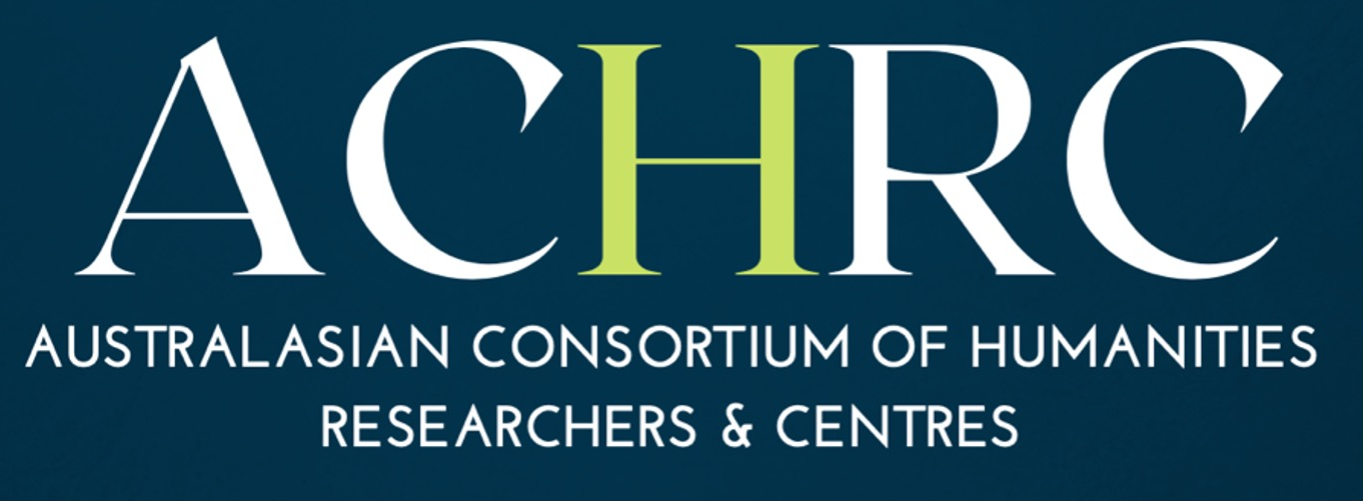Meera Atkinson (University of Notre Dame), Jen Webb (University of Canberra), Jordan Williams (University of Canberra)
Abstract
In public discourse, there is a tendency for arts and science to be cast as irreconcilable at best and oppositional at worst. However, the explication of trauma, resilience and wellbeing in creative writing is as much a matter of science communication as of literature. It involves writing down the bones of the phenomena science charts and treats, exploiting the narrative and poetic properties of such endeavours, and making explicit both cognition and affect, empirical evidence and felt experience. This is evident in creative nonfiction – for example, astrophysicist Priyamvada Natarajan’s lyrical Mapping the Heavens, which is predicated on her research, but points to the remarkable import of myth and imagination in scientific exploration. It is evident in hybrid works, such as non-fiction narratives that combine memoir and scientific research. Meera Atkinson’s Traumata, for example, explores structural and endemic trauma; Katerina Bryant’s Hysteria uses literary and historical analyses of conversion disorder to explore women’s medical treatment. And it is equally evident in modes of literary fiction. Both Margaret Atwood’s MaddAddam trilogy and Richard Powers’ Overstory, for example, are predicated on ecological disaster, and offer compelling tales of the intimate relationships between humans and the natural world. Such approaches to literary expression do not necessarily aim to represent theory or defend experimental data, but they do complement and communicate scientific findings in ways that are both imaginative and evocative. At their best, such writings enact a form of affective, micro-macro witnessing that has the potential to de-mystify scientific findings, personalise and humanise their issues, confront denial and minimisation, and build bridges between the ‘two cultures’. This paper points to recent shifts in science and arts research and practice that seem to honour Snow’s advice to ‘rethink’ how both domains operate, in order to find sustainable answers to the urgent questions of the moment.
Presenter Biographies
Meera Atkinson
University of Notre Dame
Meera Atkinson is a literary writer, interdisciplinary researcher, and educator. Writing across forms/genres, her work has appeared in over 40 publications, including Salon.com, Best Australian Poems 2010, Best Australian Stories 2007, Meanjin, Southerly, and Griffith Review. Her books include creative nonfiction title Traumata (2018) and The Poetics of Transgenerational Trauma (2017), an academic monograph.
Jen Webb
University of Canberra
Jen Webb is Distinguished Professor of Creative Practice, and Dean of Graduate Research, at the University of Canberra. Recent book publications include Researching Creative Writing (Frontinus, 2015), Art and Human Rights: Contemporary Asian Contexts (Manchester UP, 2016), and the poetry collection Moving Targets (Recent Work Press, 2018). Flight Mode, a forthcoming volume of poetry, was co-written with Shé Hawke (Recent Work Press, October 2020). She is co-editor of the literary journal Meniscus and the scholarly journal Axon: Creative Explorations, and Chief Investigator on the ARC Discovery project ‘So what do you do? Graduates in the Creative and Cultural Industries’ (DP160101440).
Jordan Williams
University of Canberra
Jordan Williams is a researcher in the Centre for Creative and Cultural Research at the
University of Canberra with a focus on creative practice and wellbeing. Her own creative
practice centres on the materiality of writing and employs textual poetry, image, media and textiles, exploring themes of compassion and alienation. As an applied arts and wellbeing practitioner/researcher she is academic lead on the Defence Department funded Arts for Recovery Resilience Teamwork and Skills (ARRTS) program and on other funded creative projects. In addition to journal articles and book chapters and exhibited artworks, her poetry is included in the recent international anthology No News published by Recent Work Press.
